-
40 mins
-
10 mins
Plenary Theatre: State Ballroom
-
10 mins
Simon Gosling, MD, EnergyNet
Adam Cortese, CEO, Sun AfricaPlenary Theatre: State Ballroom
.png)
-
90 mins
Plenary Theatre: State Ballroom
The Power Africa partnership model has helped over 190 million people living in SSA gain access to new and improved electricity. How do we focus our collective efforts to accelerate the pace of access over the next 10 years? This panel will bridge the past, present, and future to discuss how we address constraints and seize new opportunities including technology commercialization, climate smart energy strategies, and innovative financing models.

-
Coffee & Chat30 minsPalm Court Ballroom
-
10 mins
Plenary Theatre: State Ballroom
-(8).png)
-
5 mins
Plenary Theatre: State Ballroom
How EXIM is investing in major energy infrastructure projects.
-
120 mins
Plenary Theatre: State Ballroom
During the Africa Climate Summit (ACS) leaders called for the cost of debt to be lowered to a more sustainable level to support Africa’s climate resilient future, and for alternative solutions to Sovereign Guarantees to be established. How will policy makers on both sides of the ‘debt coin’ be able to respond as Africa’s role on the global stage continues to rise?
The Ministerial Roundtable is open for all delegates to attend.
US to Africa Investment - Opening Remarks:
Scott Nathan, CEO, U.S. International Development Finance Corporation (DFC)
UN High-Level Remarks:
H.E. Honourable Damilola Ogunbiyi, Special Representative of the United Nations Secretary-General, & CEO for Sustainable Energy for All (SEforALL), Co-Chair of UN-Energy
High-Level Scene Setting Presentation:
Abebe Selassie, Director, African Department, International Monetary Fund (IMF)AU Youth Remarks - The Role of Youth to Deliver the Goals of Todays Ministers:
H.E. Chido Cleopatra Mpemba, AU Chairperson's Special Envoy on Youth, Africa Union
Special Closing Remarks: How the Investment Climate Will Attract Major Private Sector Investors
Kendra Gaither, President, U.S.-Africa Business Center, U.S. Chamber of Comme
-
105 minsPalm Court Ballroom
-
120 mins
Plenary Theatre: State Ballroom
Collaborative boardroom discussions under Chatham House Rule where all participants contribute.
- Can lowering the cost of debt increase the pace and scale of energy development across the continent?
- With a number of utilities having addressed their liquidity challenges, what commitments do investors need when signing future PPAs?
- Will lowering the cost of debt impact hydrogen production as Africa’s role in the global hydrogen economy becomes increasingly urgent?
Scene Setting Presentation: Junaid Ahmad, Vice President & Chief Operating Officer, MIGA, The World Bank Group
-
120 minsScene Setting Presentation:
Batchi Baldeh, Director for Power Systems Development, AfDB
-
180 mins
State & East Ballroom
"Celebrating Women at the Heart of Economic Development"
(For International Women’s Day)
.png)
-
120 mins
-
90 mins
Under Chatham House Rule, an expert panel will present original research conducted by DT Global on the readiness of the States to implement the Act and private sector perceptions of it.
Nigeria’s Electricity Act (2023) introduces several radical structural reforms, including devolving the authority to State governments to set up and regulate their own electricity markets and develop their own generation, transmission, and distribution infrastructure. The Act also introduces incentives and regulatory measures to promote renewable energy projects both on-grid and off-grid.
How can donors and development banks support Nigerian power sector stakeholders to implement this complex reform in a sustainable and equitable manner?.png)
-
90 mins
State Ballroom
A breakfast meeting between YES! youth members and the world’s biggest initiative providers to discuss and implement a collaborative strategy to scale up youth employment on the continent.
- Participants will be invited to help outline a clear roadmap to achieve the large scale and conspicuous impact needed on the continent to help empower the next generation of energy professionals for success.
- To electrify a continent of one billion people, we need to engage 10% in the conversation. YES! is a fast-growing-populations network bringing energy access opportunities under one roof by enabling learning and development providers, and public and private corporations to recruit and grow their organisations at pace and scale.
- YES! aims to be a network of 100 million people by 2035, creating a community for job creation, grass roots participation and knowledge sharing for the energy sector so vastly untapped human resources across Africa can flourish.
Scene Setting Presentation: Luke Webster, Fundraising & Partnerships Manager, YES!
YES! Member Youth Perspective on Energy:
Charlene Ruto, Youth Champion & Climate Action Champion, KenyaFoundations, Philanthropy & Initiative Providers:
Lisa Witte, Acting Deputy Coordinator, Power Africa
Jay Ireland, Executive Chairman, Milele Energy & Board Member, Mastercard Foundation
Dan Kammen, Professor of Energy, University of California, Berkeley
Andrew Herscowitz, Executive Director, ODI Global
Aline Varre, Director of Strategy & Business Development, The Foundation for Partnership
Initiatives in the Niger Delta (PIND Foundation)
Abdul Malik, Global Lead, Work & Enterprise, Aga Khan Foundation
-
90 mins
Boardroom 3: Senate
Collaborative boardroom discussions where all participants contribute.
- How Morocco and Ethiopia united to create the CSEA.
- Regional cooperation as key to forging a cleaner and greener future for LDCs.
- Fostering synergies towards energy access.

-
90 mins
Boardroom 2: East Ballroom
Collaborative boardroom discussions where all participants contribute.
Studies show that national governments and private sector companies with greater representation of women in leadership are more likely to adopt climate friendly and just policies. This research suggests that women’s engagement and leadership is vital to steering responses to Africa’s energy crisis and through a just energy transition.
Join us as women leaders representing the interests of African governments, the private sector, financial institutions, emerging technology, and youth speak to the question: “What will it take to achieve a just and inclusive energy transition”?.png)
Opening Remarks: Katerina Ntep, Deputy Vice President, Sector Operations, Millennium Challenge Corporation (MCC)
-
90 mins
Boardroom 1: State Ballroom
Collaborative boardroom discussions where all participants contribute.
The Lobito Corridor connects Angola, Zambia, and the Democratic Republic of the Congo (DRC), eventually connecting to the Indian Ocean, via Tanzania. This project is anticipated to catalyze investment in core sectors such as transportation, agriculture, energy, and digital infrastructure. This discussion will focus on financing sustainable energy solutions to power the Lobito Corridor to ensure a safe, stable, and environmentally conscious power supply.
-
30 mins
-
90 mins
Boardroom 1: State Ballroom
Collaborative boardroom discussions under Chatham House Rule where all participants contribute.
- Keeping promises made.
- Accessing climate capital.
- Moving forward with the Nairobi Declaration.
-
90 mins
Boardroom 3: Senate
Collaborative boardroom discussions where all participants contribute.
While there are record-breaking investments in the energy transition, capital flows to Africa fall short of what is required to meet net-zero emission goals.
- Can data tools for investment decisions accelerate and scale financing for energy systems on the continent?
- What challenges and opportunities exist in acquiring data for private sector investment decisions within the energy sector in Africa?
- What types of innovative partnerships are required to bridge the investment information gaps?

-
90 mins
Boardroom 2: East Ballroom
Collaborative boardroom discussions where all participants contribute.
Discover how Bitcoin mining technologies can be leveraged in Africa to transform underutilized or wasted energy sources into more productive, sustainable assets. Industry experts will discuss innovative projects that are turning waste into power, reducing methane emissions, and monetizing stranded energy, showcasing the potential of digital currency mining to drive environmental and economic advancements.
- Harnessing landfill methane into electricity
- Creative methods to mitigate methane emissions
- Enhancing the viability of stranded renewable energy sources
.png)
-
90 mins
Scene Setting Presentations:
Etem Erten, Technical Advisor, International Programs, National Association of Regulatory Utility Commissioners (NARUC)
Raul Alfaro Pelico, Senior Advisor, Results-Based Financing, Sustainable Energy for All (SEforALL)
Callixte Kambanda, Division Manager, Energy Policy, Regulations & Statistics, AfDB -
90 minsPalm Court Ballroom
-
90 mins
Boardroom 2: East Ballroom
Collaborative boardroom discussions where all participants contribute.
Presently, ~700 million Africans (and rising) do not have access to energy which is an important part of the global transition equation. Africa has a unique global position to leverage its natural capital for the growth of its economic and social goals (development and industrialization) whilst supporting global energy transition needs. How do we collectively develop innovative mechanisms that will guarantee Africa’s energy security, whilst also addressing climate change challenges along the journey to achieving net zero in line with obligations under the Paris Agreement?
-(9).png)
-
90 mins
Boardroom 3 : Senate
Collaborative boardroom discussions where all participants contribute.
- A discussion of the legal, institutional, financial, and infrastructure hurdles facing grid-scale renewable energy projects.
- What pre-conditions do private sector players and finance institutions need to proactively participate?
- Lessons from Mega Solar and the Mpatamanga hydropower project for regional generation projects in Sub-Saharan African power pools (SAPP, EAPP, WAPP, and CAPP).

-
90 mins
Boardroom 1: State Ballroom
Collaborative boardroom discussions under Chatham House Rule where all participants contribute.
- With renewables, gas and other IPPs now taking on average 8-10 years to develop, is this sustainable for both investor and public sector needs?
- The last ten years have proved how difficult it is to get local currency investments in energy. What lessons have been learned and how can things be different going forward?
-
30 mins
-
90 mins
Boardroom 3: Senate
Many communities and public facilities cannot afford the capital expenditures to build or maintain the infrastructure required for access to electricity. Utilities, in turn, struggle to remain creditworthy when expanding the grid at a loss. Donor and development partner funding is limited and often comes with constraints.
- How can we work together to attract commercial capital beyond grants?
- How can health care, education, and other social infrastructure facilities keep up with operations and maintenance after initial construction?
- What place do social equity and sustainability have in valuing or prioritizing investments?
.png)
-
90 mins
Boardroom 2: East Ballroom
Collaborative boardroom discussions where all participants contribute.
This session will explore innovative models for addressing Africa’s energy needs to fuel industrial development and economic growth. By showcasing new approaches and strategies, the session aims to stimulate discussions on unlocking energy access, promoting sustainable industrialization, and driving inclusive development across the continent.
- Emerging Trends in Green Energy Solutions for Industrial Applications: AI/Data Centers; Green Steel; BESS and Mining.
- New Models for Development
- Promoting Sustainable Industrialization
- Enhancing Access to Finance
- Fostering Innovation and Capacity Building
-
90 mins
Boardroom 1: State Ballroom
Collaborative boardroom discussions under Chatham House Rule where all participants contribute.
- With thousands of kilometres of new energy transmission being built, what is going to be the impact for IPPs and utilities?
- What institutional investors require to come in on major energy infrastructure investments.
- How isolated grids can be planned to complement Africa’s transmission network.
- The role of PPPs to increase private sector participation in transmission / large-scale energy infrastructure.
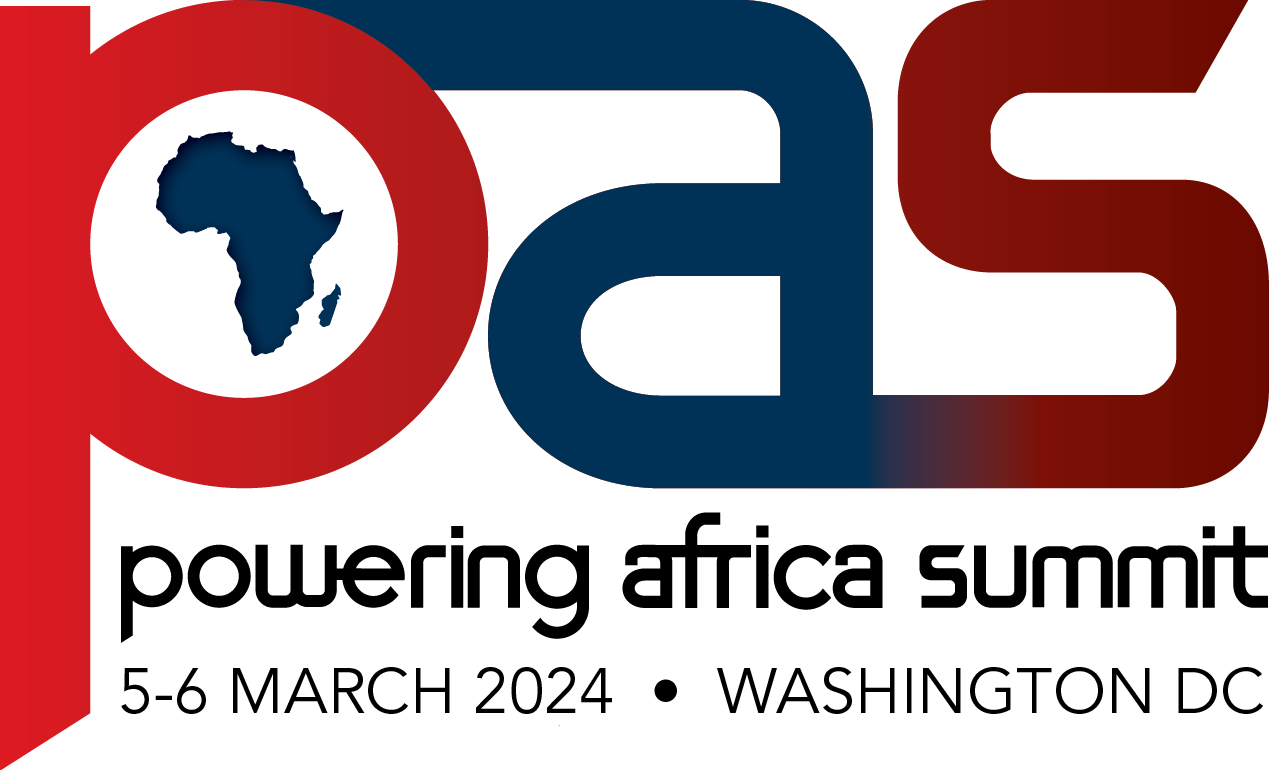



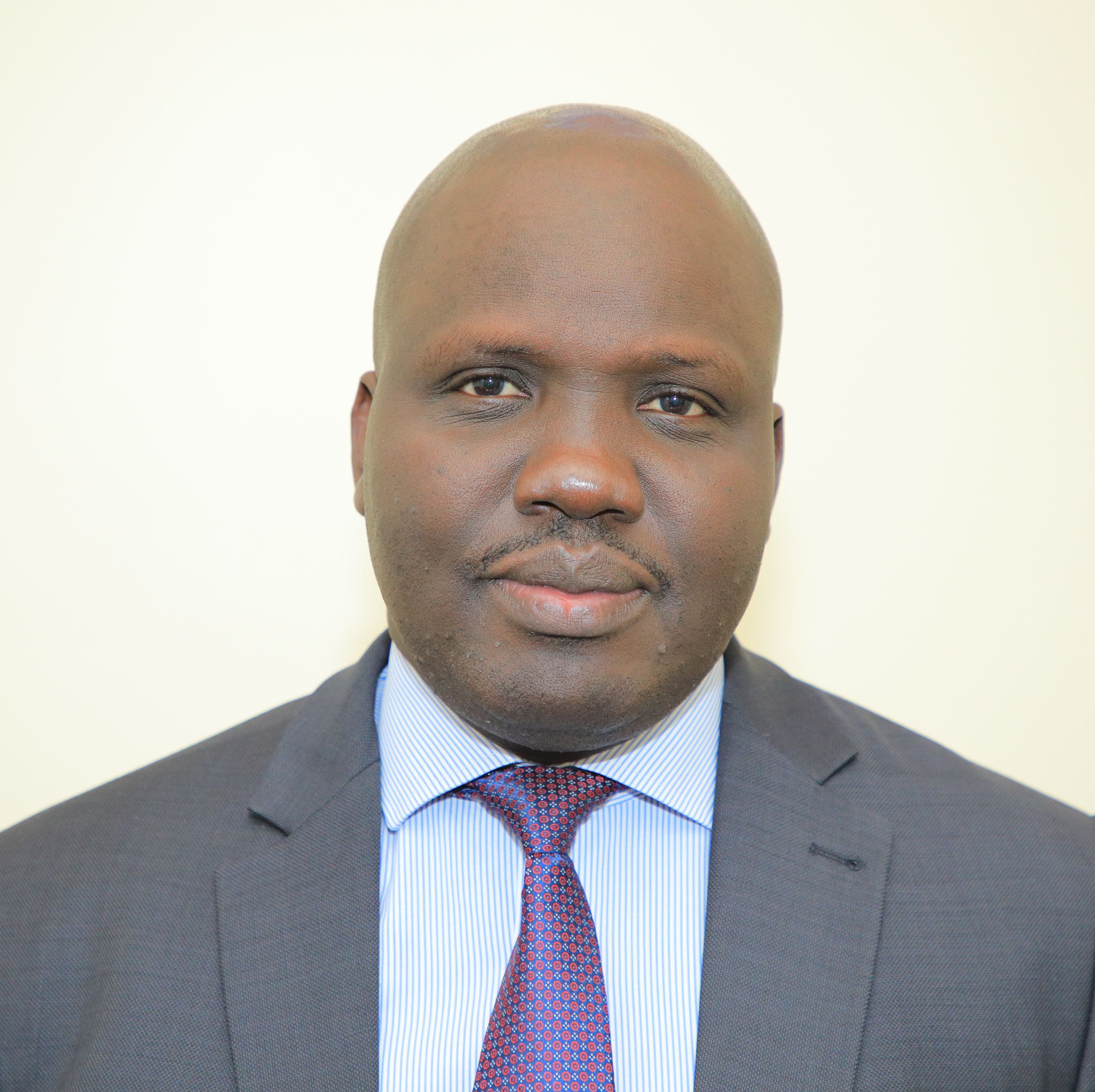
.png/fit-in/120x9999/filters:no_upscale())
.jfif)
.png/fit-in/120x9999/filters:no_upscale())
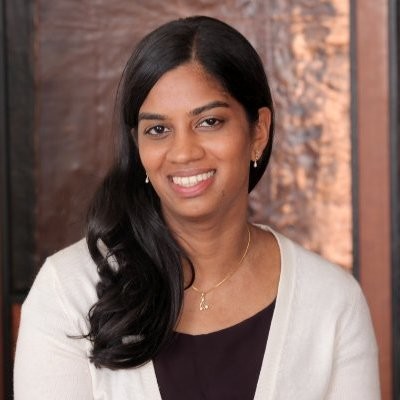

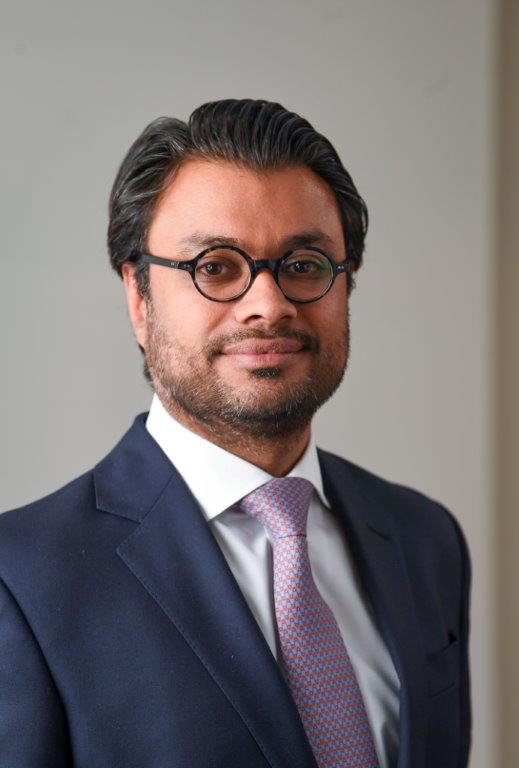
)
.png/fit-in/120x9999/filters:no_upscale())
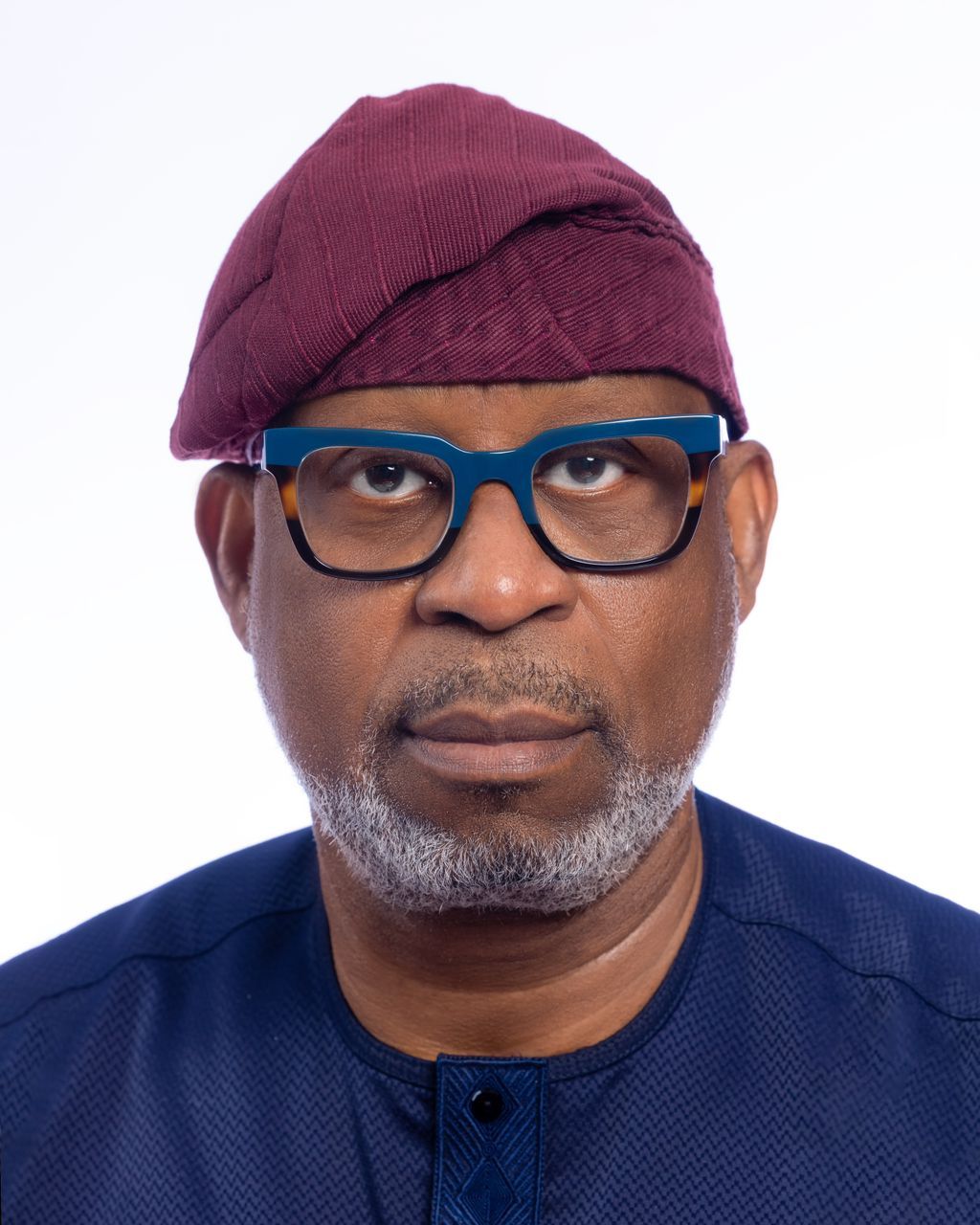
)
)
)
,-.jpeg)
)
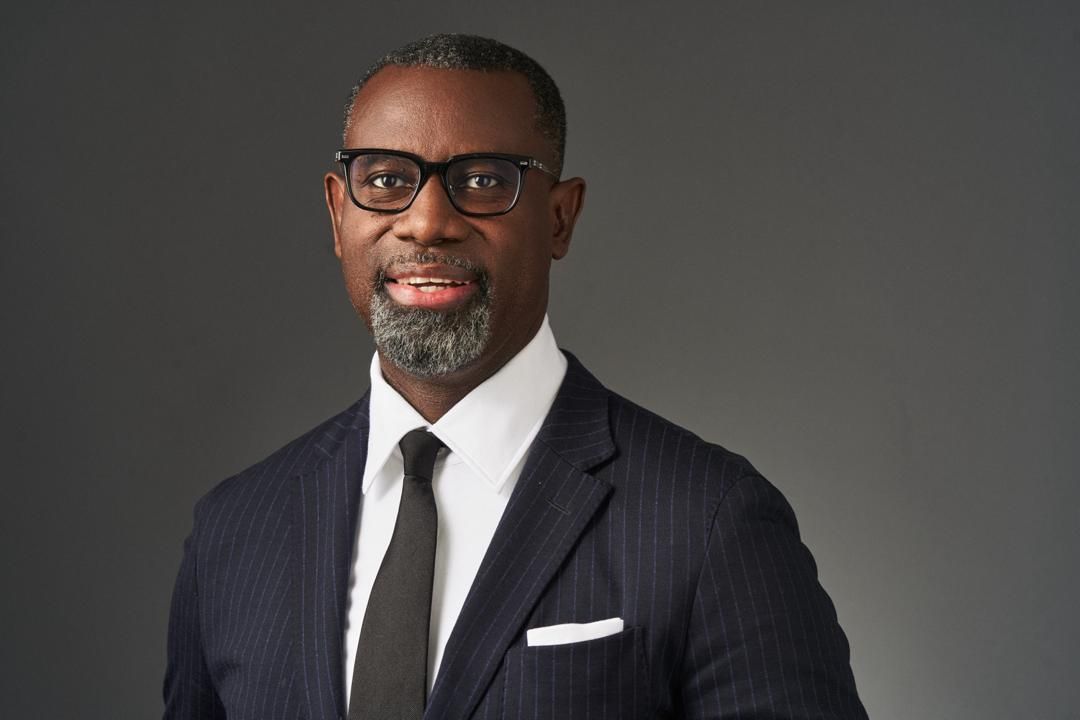
.png/fit-in/64x9999/filters:no_upscale())
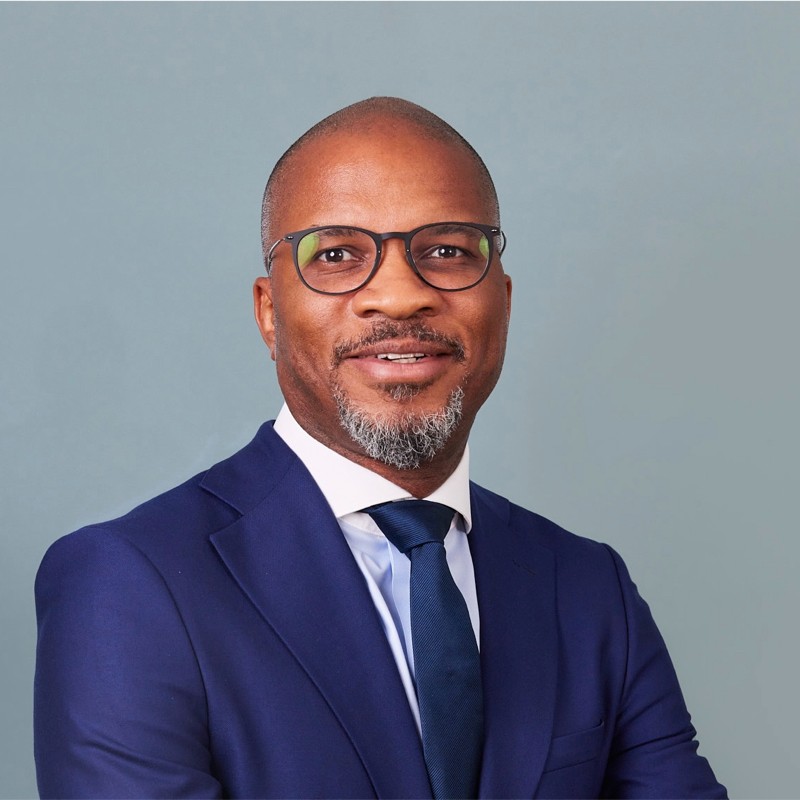
.png/fit-in/64x9999/filters:no_upscale())
.png/fit-in/64x9999/filters:no_upscale())
.png/fit-in/120x9999/filters:no_upscale())
)
)
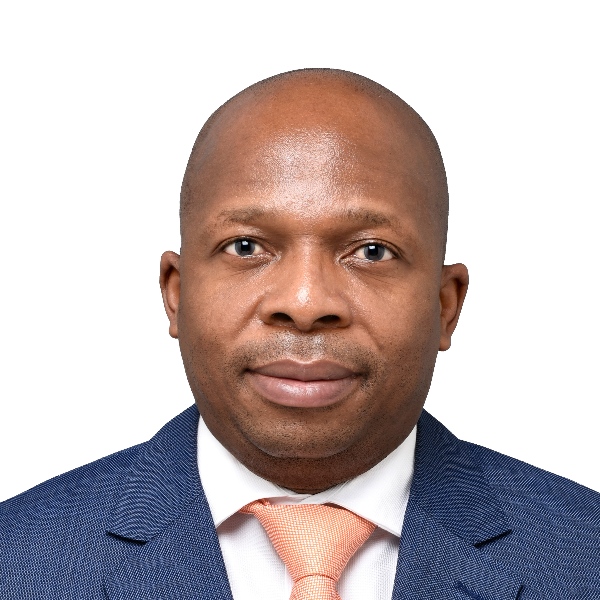
)
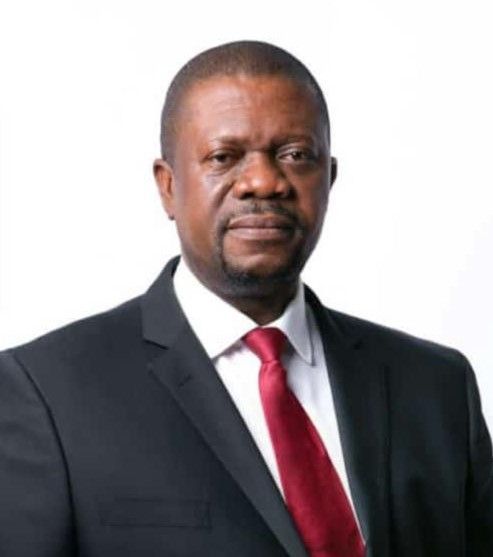
)
)
)

)
.png/fit-in/120x9999/filters:no_upscale())
)
)
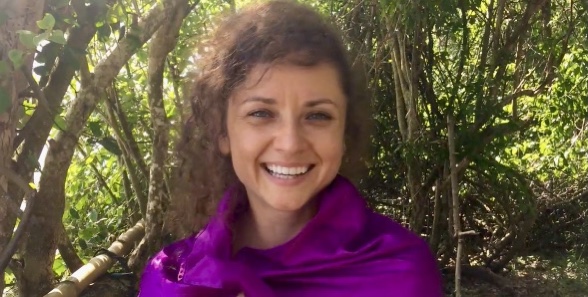
)

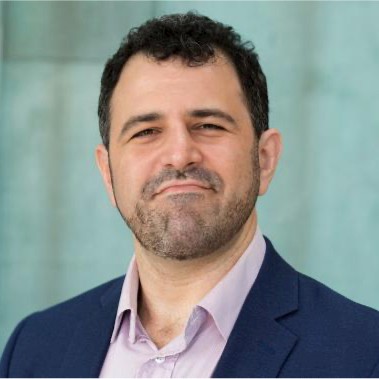
.png/fit-in/120x9999/filters:no_upscale())
.png/fit-in/120x9999/filters:no_upscale())
)
.png/fit-in/120x9999/filters:no_upscale())

)
)
)
)
.png/fit-in/120x9999/filters:no_upscale())

.png/fit-in/120x9999/filters:no_upscale())
)
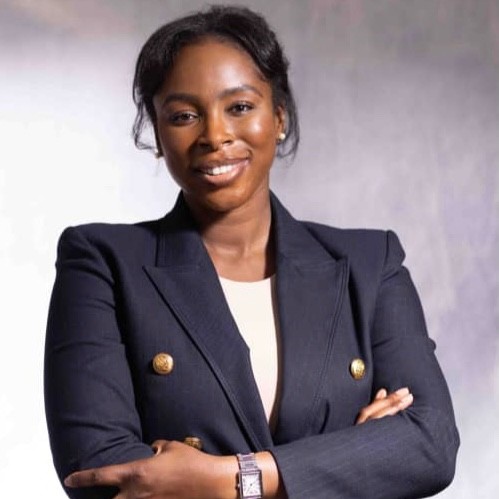
)
.png/fit-in/120x9999/filters:no_upscale())
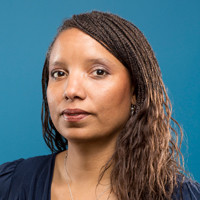
.png/fit-in/120x9999/filters:no_upscale())
.jfif)
)
.png/fit-in/120x9999/filters:no_upscale())
)
.jpg/fit-in/120x9999/filters:no_upscale())
)
)
)
)
)
)
)
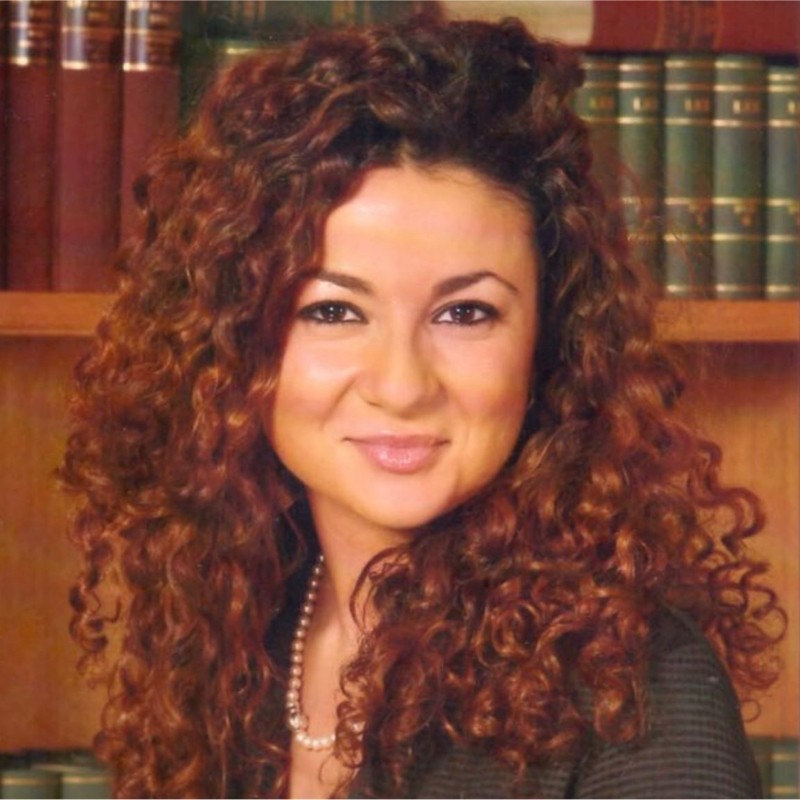
)
.jfif)
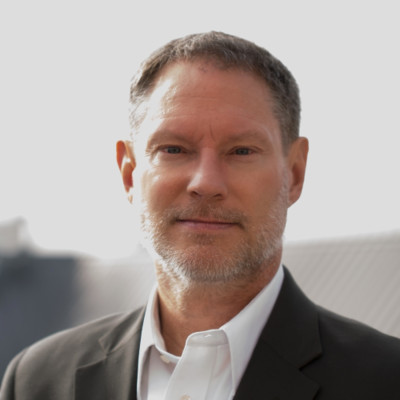
)
)
)

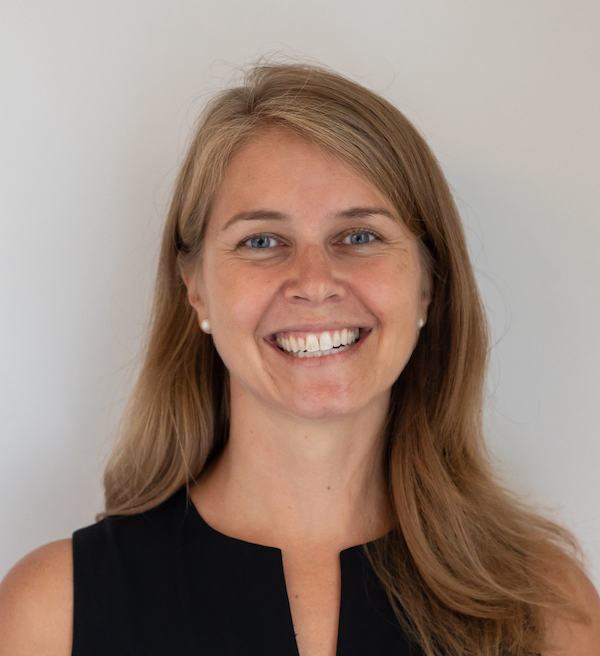
)
.png/fit-in/120x9999/filters:no_upscale())
.png/fit-in/120x9999/filters:no_upscale())
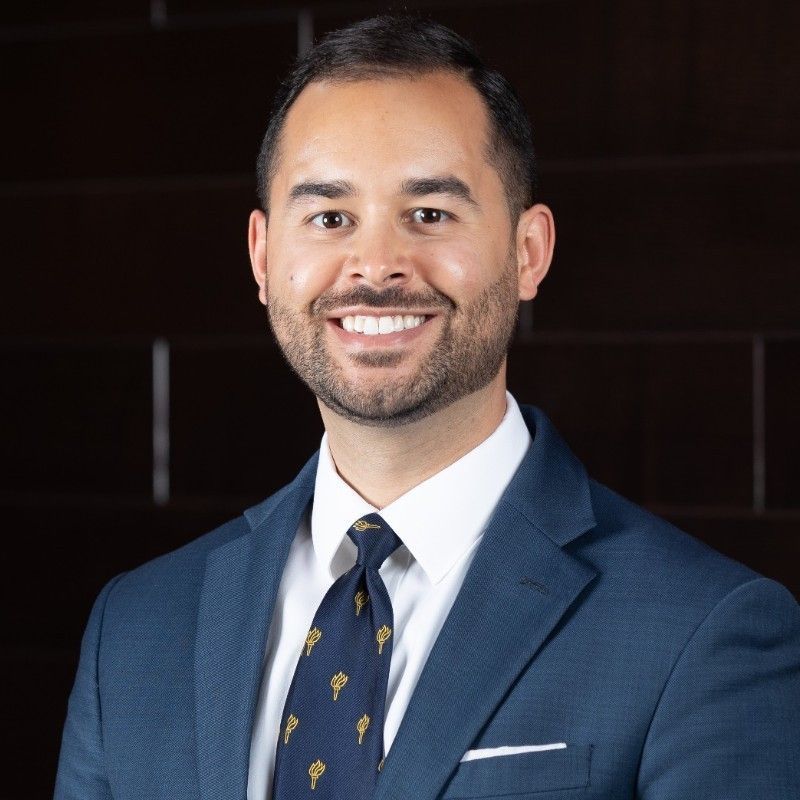
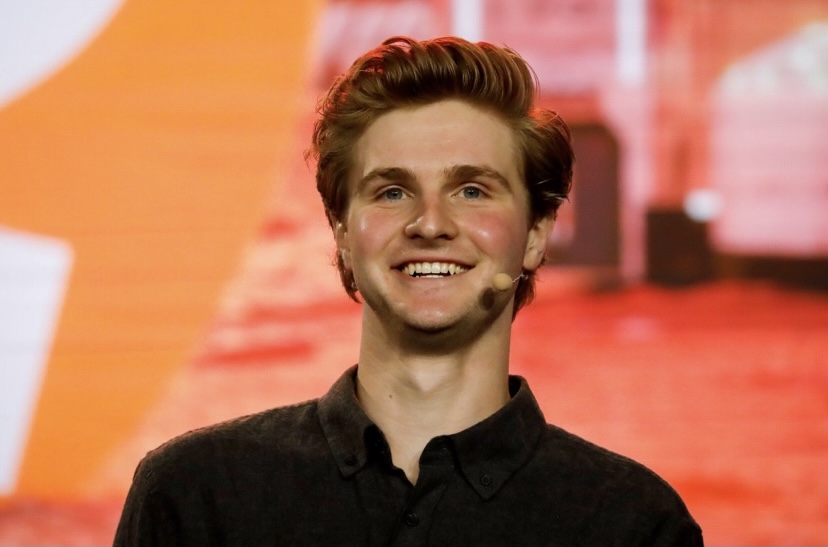
)
.png/fit-in/120x9999/filters:no_upscale())
)
)
)
.png/fit-in/64x9999/filters:no_upscale())
.jfif)
.png/fit-in/64x9999/filters:no_upscale())
.png/fit-in/64x9999/filters:no_upscale())
-(39).jfif)
.png/fit-in/120x9999/filters:no_upscale())
.jfif)
)
.jpg/fit-in/120x9999/filters:no_upscale())
-(30).jfif)
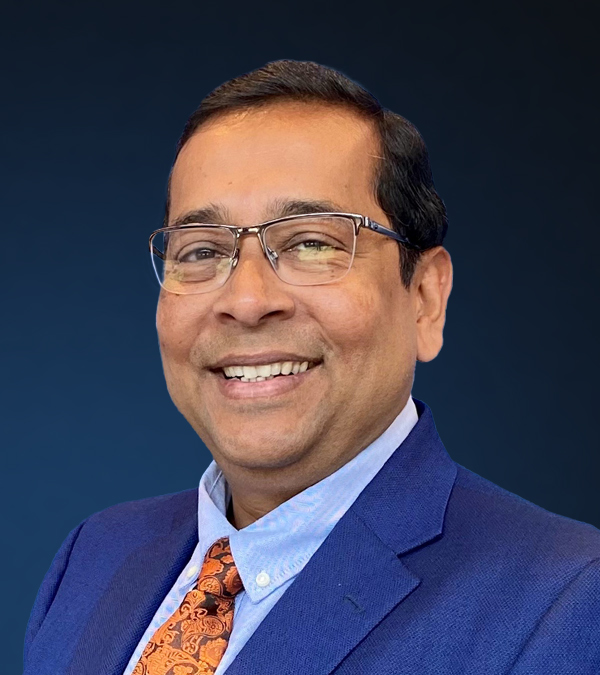
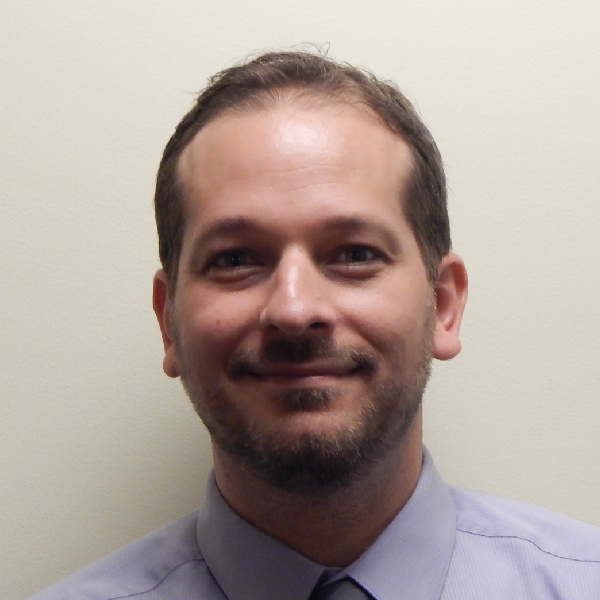
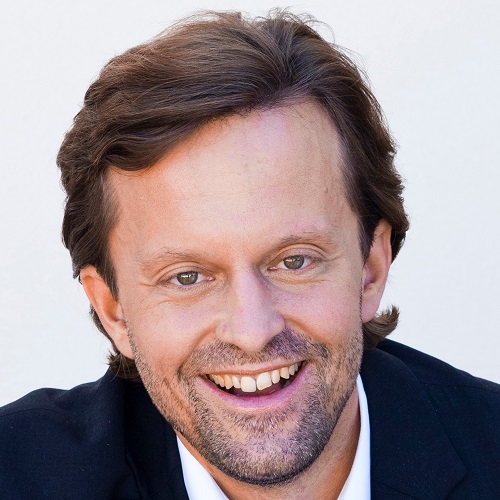
)
)
-(1).jpg/fit-in/120x9999/filters:no_upscale())
)
)
)

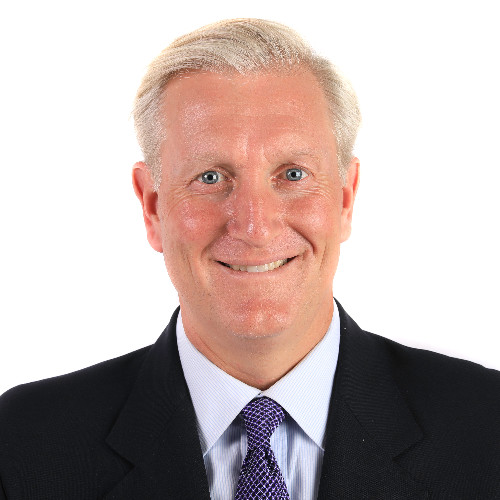
)
.png/fit-in/120x9999/filters:no_upscale())
)
.png/fit-in/120x9999/filters:no_upscale())
)
)
)
)
.png/fit-in/120x9999/filters:no_upscale())
)

)
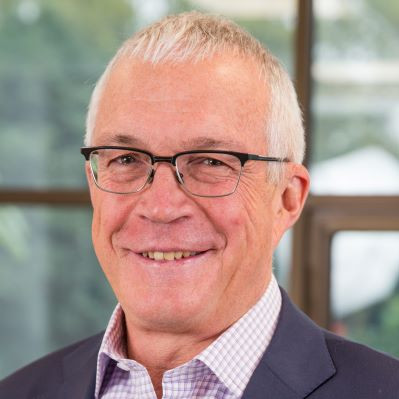
)
)


)
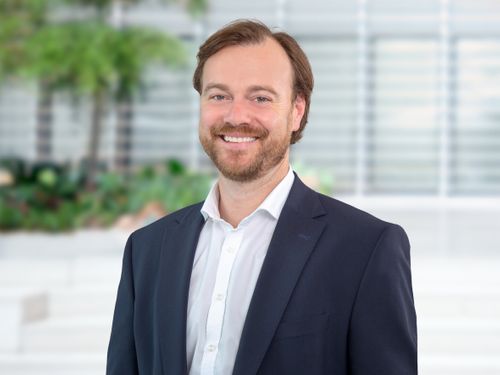
.png/fit-in/120x9999/filters:no_upscale())
)
.png/fit-in/120x9999/filters:no_upscale())
.jfif)

)
)
.png/fit-in/120x9999/filters:no_upscale())